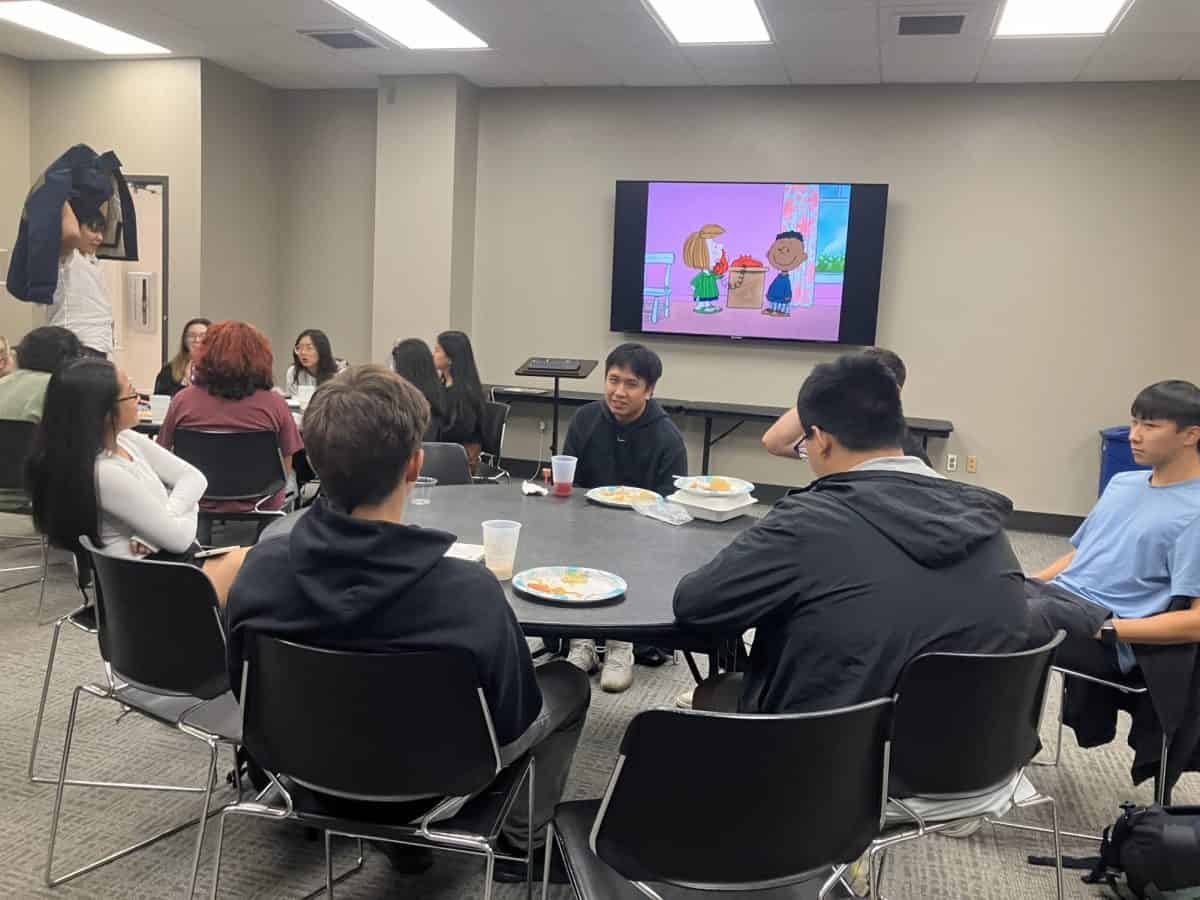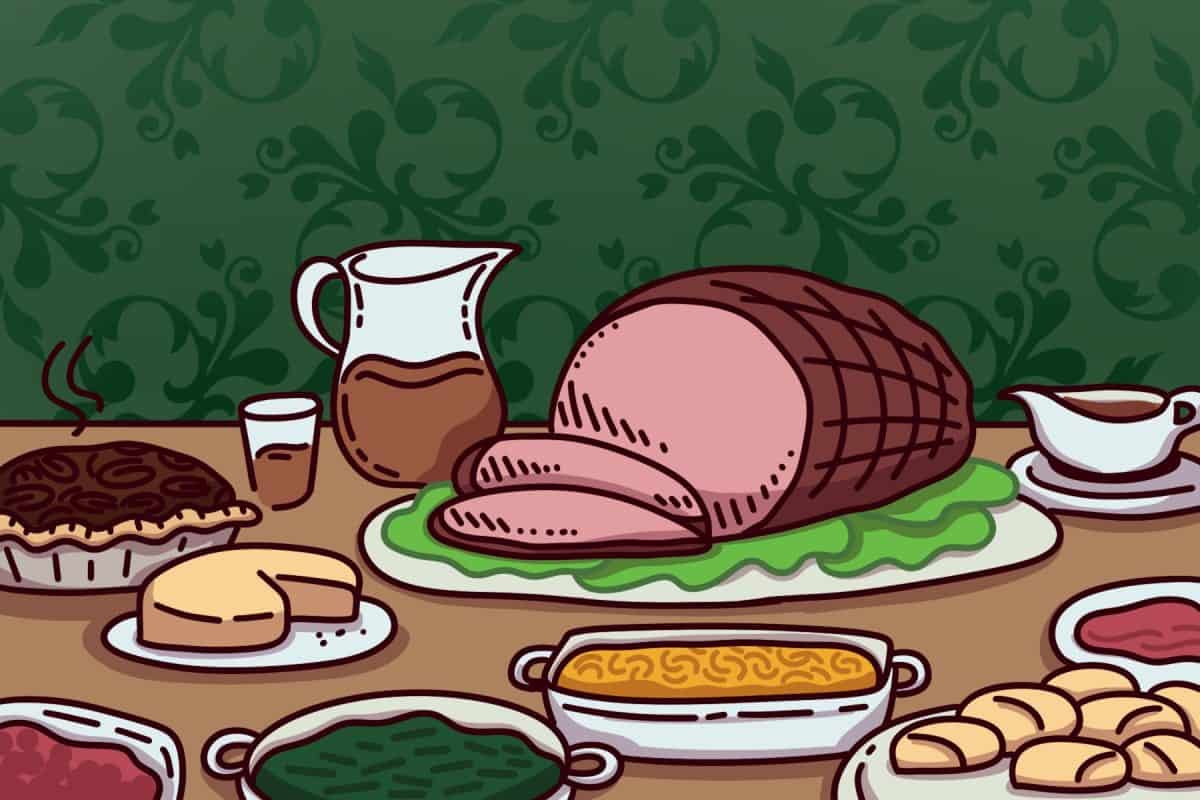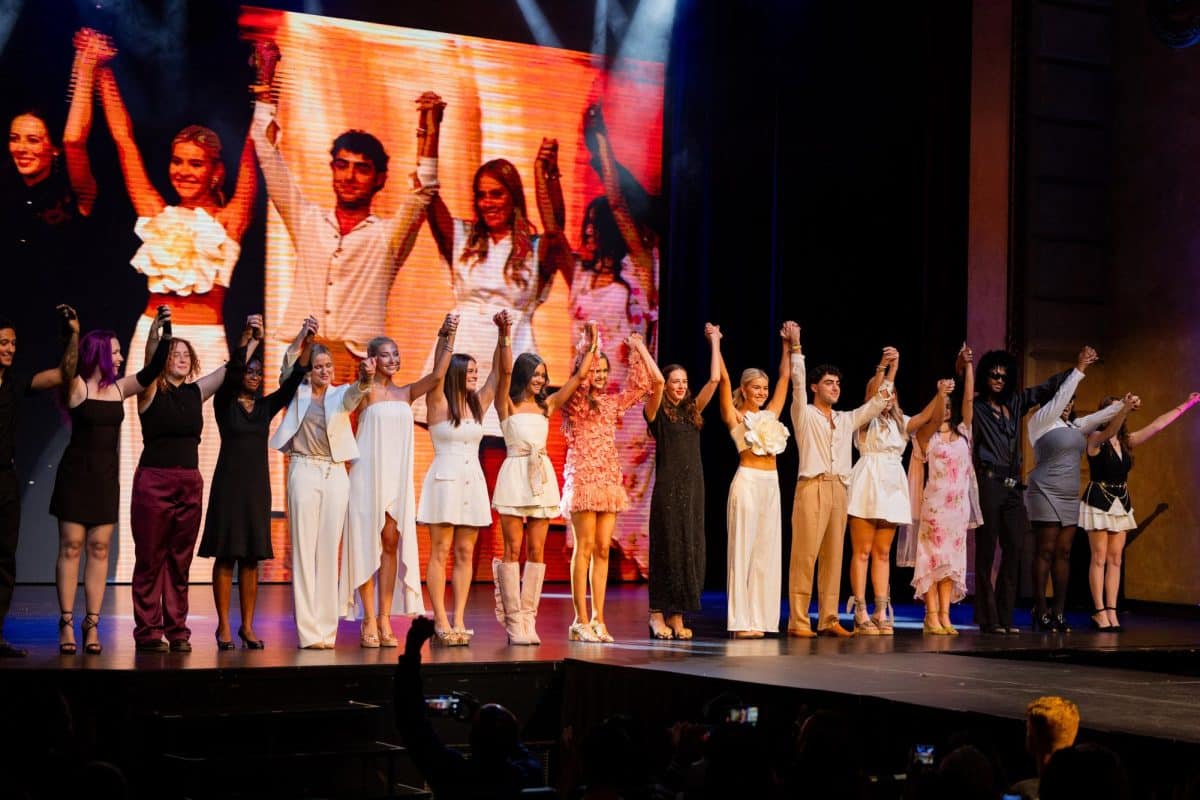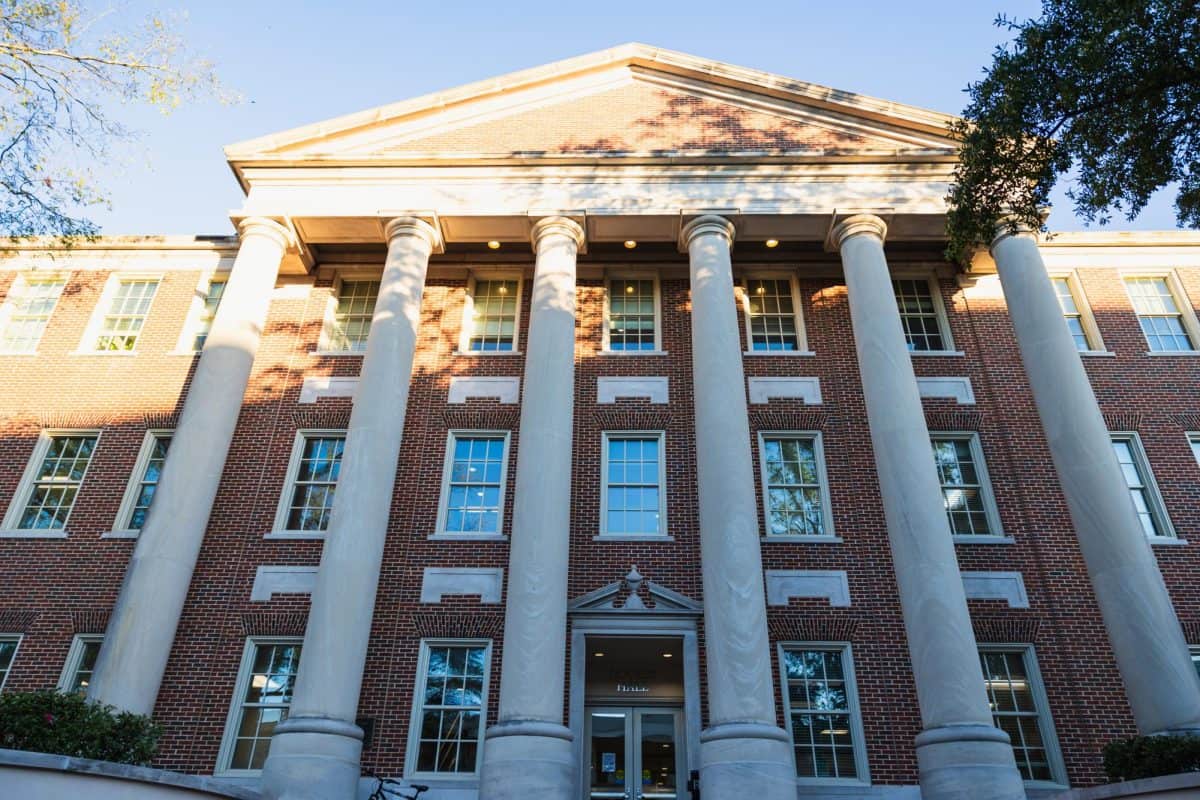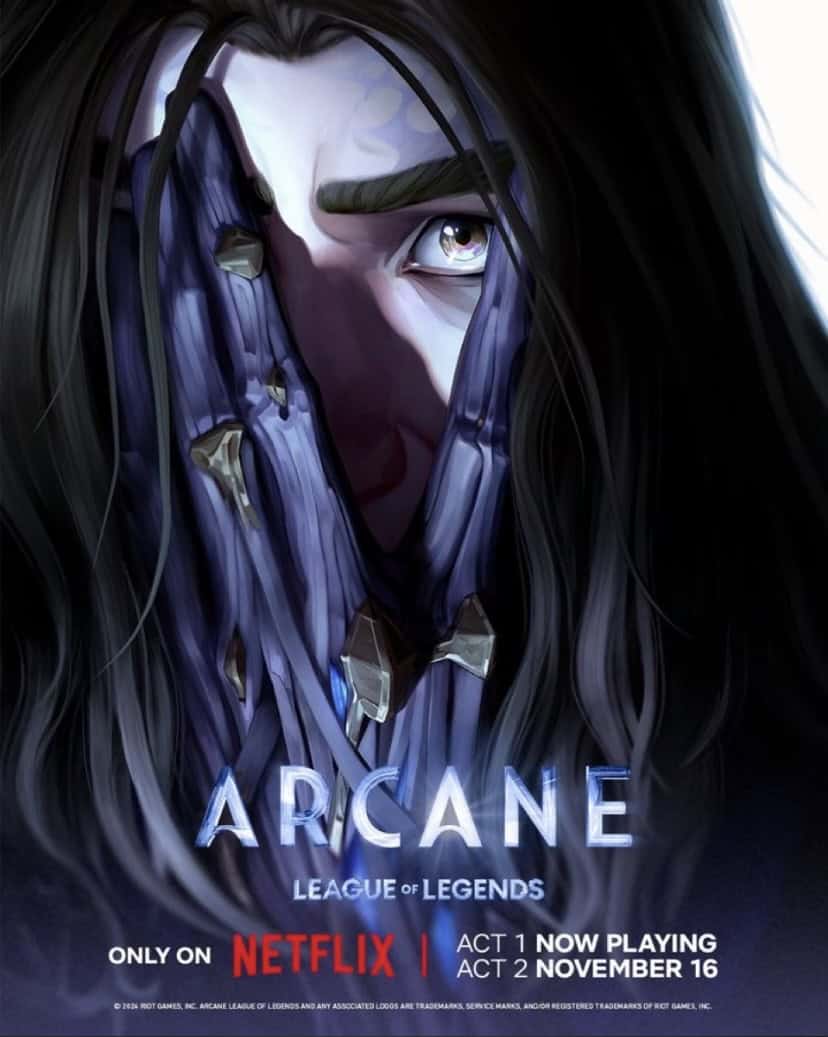So I’m sitting with my friend Allison Milham one afternoon awhile back. We’re at The Gray Lady, this newish bar on Greensboro that’s a good base of operations for the couple hours before the Pub opens, drinking Rolling Rock and talking about the Alabama Art Kitchen — Allison’s one of the two founders.
She tells me they’re looking to host music one night a month, and I’m thinking well I could manage that. I know the local musicians pretty well ever since I started hanging out covering the scene. I could book monthly shows at the Kitchen no problem. You’re in, she says.
Fast-forward a couple weeks. I’m sitting at my kitchen table trying to figure out the first show, the seminal precedent, and I realize that what we have here is A Big Opportunity: let’s book constituencies of local musicians who don’t have anywhere else in town to play. The punks and rock-and-rollers are accounted for, the singer-songwriters too. What’s missing?
Well I’m happy to report the latent primordial rumblings of an experimental music scene in Tuscaloosa, which I want to throw light on with this first Kitchen show.
Headlining is Andrew Raffo Dewar, internationally established experimental composer and soprano sax blower who regularly travels the hemisphere and beyond filling gig dates. This guy was recently name-dropped in The L.A. Times by music critic Ann Powers whom Robert Christgau once called the most renowned critic regularly publishing today.
Dewar’s my advisor. That is, we’re both in New College on opposite sides of the faculty/student divide, and he helps me figure which classes to take, among other things. He’s soft-spoken and helpful, an expert when you need one, well-meaning and well-mannered, with one hell of a record collection.
Before arriving in Tuscaloosa two or three years ago, Dewar racked up a few credentials. He lived and played in New Orleans, learning jazz craft at the source. He lived and played in the San Francisco Bay Area, jam-pal/roommate to indie experimentalists Deer Hoof before they were a name. He got a doctorate from esteemed Wesleyan University just a pleasant Connecticut train ride from the clubs of downtown Manhattan.
His mentors included saxophonist Steve Lacy who toured with Monk in ’60, avant-gardist Bill Dixon (RIP) who, among other things, pioneered ‘70s loft culture in New York, and rogue musician/philosopher Anthony Braxton who balled up and swallowed the jazz world in the ‘70s. Toss in his work with Alvin Lucier, who last century was up there with Cage as a definitive American experimentalist, and you’re looking at a man with a goddamn background. Once he even met Mike Watt.
On the other hand you’ve got openers Them Natives — those slop-farming buzzpunks, those schizo-maniacal cultfolk miscreants — from the deepwoods and sidewalks of ol’ Alabam. They’re friends of mine too and I gave ‘em a write-up in this very newspaper last summer, archived on our website.
Before my wordcount overflows I should take this opportunity for a direct word with you, reader, who may be none too familiar or keen toward this stripe of art music. Now I know what you’re thinking. Whatta buncha artsy fartsy snooze-factory nonsense. Who wants to watch a coupla weirdos put up a noise wall through gritted teeth, or some college professor deedle up and down his instrument intoning planet waves and murmurs.
Well it’s a helluva lot more than that, and I personally invite you to take my word for it. Cannonball into the briny deep-end for an evening — maybe you’ll like it. If you don’t, well, bring a jug of wine just in case.
The show is tomorrow night at 7:30. Follow University downtown past Mellow past Kuk’s past the Pub past Lurleen Wallace and her bridges. Before you dead-end into Capitol Park the Alabama Art Kitchen’s a big ol’ house on your right. Look for me and I’ll introduce you.



